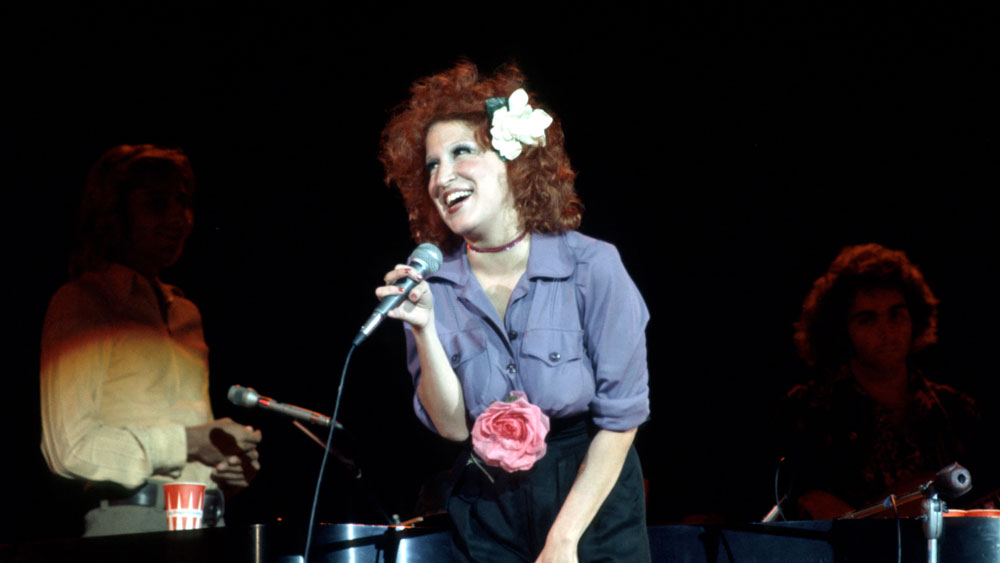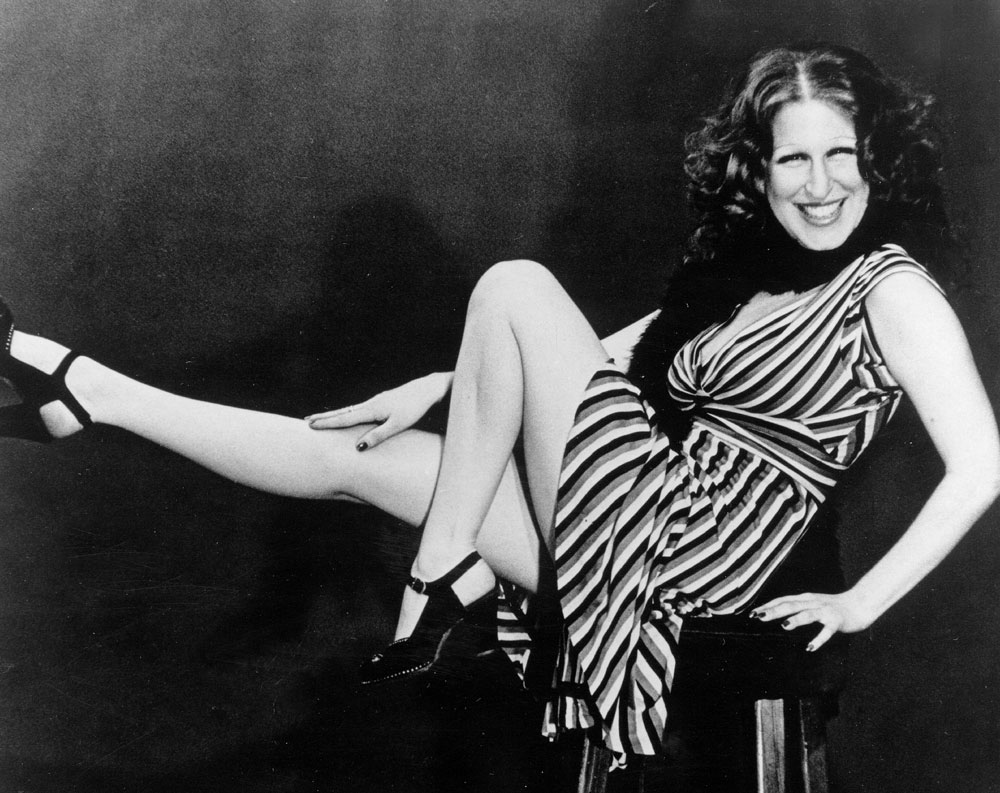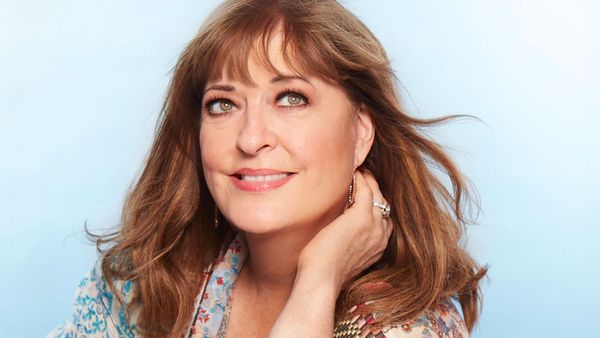Apr 14
A Steamy Start: How Bette Midler Became 'Bathhouse Bette'
READ TIME: 3 MIN.

In the summer of 1970, Bette Midler had just finished appearing in the musical "Fiddler on the Roof," where she played the role of Tzeitel for three years. Looking for work, she was given an unusual offer: a three-month gig doing a cabaret act in a makeshift space at one of the city's leading gay baths.
Nestled in the basement of the massive Ansonia Hotel on the Upper West Side, were the Continental Baths, which opened in 1967 under the guidance of theater producer Stuart Ostrow to create a palace for gay hedonism. The Continental Baths had had around 400 private rooms, a sauna, a swimming pool and – eventually – a dance floor, reported the Guardian in 2018. "Over the next eight years, it became a cultural hub for music, clubbing and queer culture, providing gay men with a safe space unlike anything that had been seen before."
Ostrow's most inventive idea was to open a cabaret space in baths in which Midler was asked to perform for three months once-a-week for $50.00 a show. She later was able to up that to $100.00. Midler, according to David Vass, a gay man hired to do the sound and lighting for the space, was an instant success, but not without some confusion. "Some of the regular guys who frequented the Baths scratched their heads, wondering, 'What was this woman with wild red hair, in thrift shop clothes and outrageous makeup doing here, standing by the piano and singing tunes from the '40s and cracking bawdy jokes?" he told People Magazine recently.

Making the sound and lighting work for Midler and her accompanist Barry Manilow was no easy task, and Vass admits that the space itself created too many obstacles for success. "It was a mess," he said. But it hardly mattered with "Bathhouse Bette," as she was quickly named, was performing. News of her outrageous style and rare vocal chops spread quickly. "Suddenly A-listers and socialites were lining up to get in on Saturday nights," Vass recalled. "Alfred Hitchcock, Andy Warhol, Mick Jagger, Truman Capote, Liza Minnelli, Rita Moreno, Princess Margaret, Valentino, Carol Channing, David Bowie, Lee Radziwill, Bob Fosse and Gwen Vernon, you name it. They loved 'Bathhouse Betty,' and it was the place to be seen on Saturday nights from 10 p.m. to midnight. There were paparazzi lined up outside, trying to get shots of all the famous people who came."
Hitchcock was an unusual case, Ostrow recalled the Guardian. "Alfred Hitchcock came to the Baths. He wouldn't have any sex with anyone; he would just come, watch, look at people, swim in the tub and then leave," says Ostrow, chuckling. "People would say: 'Who is that fat guy in the towel?'"
Vass said Midler would start her show with "The Star-Spangled Banner" a cappella, before launching into her act. "She knew the audience would stand up for it, along with the gay bathhouse patrons, many of whom dropped their towels and mooned the celebrity audiences," he told People. "Bette had an outrageous sense of humor and always got off on that moment. She knew how to handle her audiences, always with humor and a wink."
Midler's act consisted of retro-music in the style of the 1940s singing group The Andrew Sisters, along with salty jokes. Her back-up singers included Melissa Manchester and Cissy Houston, Whitney's mom.
Originally Vass said that attempts were made to keep the straight clientele from seeing what was going on in the club. ""But it only took a few weeks and the Saturday night glitterati would sneak off and 'explore,' and let me tell you, did they get an eyeful. There were candy dispensers filled with small packets of KY, the dispensers at the entrance to the two showers filled with a medication to use to kill lice. The water fountain was filled with mouthwash."
But after her contract ran out, Midler left the Continental. By that time she had signed with Atlantic Records. In 1972, "The Divine Ms. M" was released and was an immediate sensation. In 1974 she won a Grammy for Best New Artist.
Looking back on those days, Midler told the Houston Voice in 1998: "I'm still proud of those days [when I got my start singing at the gay bathhouses]. I feel like I was at the forefront of the gay liberation movement, and I hope I did my part to help it move forward. So, I kind of wear the label of 'Bathhouse Betty' with pride."




